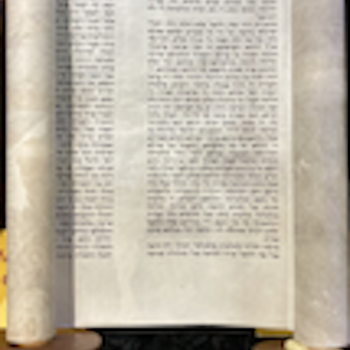In the history of Christianity, various things have happened that have caused many Christians and even whole church denominations to be embarrassed about their belief in the second coming of Christ.
Many leading, writing church fathers of the second and third centuries—such as Papias, Justin Martyr, Irenaeus, Hippolytus, Tertullian, and Clement of Alexandria just to name a few—were advocates of chiliaism (=premillenialism), meaning that Jesus would return, establish his kingdom on earth, and reign for a thousand years.
Augustine of Hippo wrote that he held this viewpoint, but he later abandoned it due to some excesses taught by its proponents. He then wrote City of God wherein he taught differently, that the Church was in the utopian, millennial period predicted in Revelation 20 and that the Church would continue to Christianize the world (now called post-millennialism). He also said Jesus’ promised, 1,000 year-reign was literal and that it began at the completion of the Old Testament. Accordingly, Jesus literally would return a thousand years later in approximately the year AD 650.
The Catholic Church adopted this teaching of Augustine. But when Jesus didn’t return when Augustine had predicted, Church officials determined that his date of origin for the millennium was wrong and that it must be Jesus’ birth, so that he would return in AD 1,000. When that didn’t happen either, the Church had now been embarrassed twice on this subject. So, the Church’s position ever since has been amillenialism (no literal 1,000 years). The Middle (dark) Ages further eroded the Church’s viewpoint of being in the amillennial period. All of this caused Roman Catholic Church officials to deemphasize teaching about Jesus’ return. Historians call it a “de-eschatologizing” of Christianity necessitated by the delay of Jesus’ return.
There have been sectarian groups that even predicted the very day of Jesus’ return despite his having said that he did not know that day or hour (Matt. 24.36; Mark 13.32). Many of these Christians were averse to social improvement in the world, deeming it a wasted effort due to Jesus’ near-return. Some quit working and separated from society, camping out in the hills or wherever, awaiting Jesus’ return. When it didn’t happen, that further discredited the teaching about Christ’s return.
Albert Schweitzer wrote The Quest of the Historical Jesus (1906). Scholars recognize it as “the greatest twentieth-century book on Jesus.” Jesus researchers H. S. Reimarus, J. Weiss, and Schweitzer wrote that Jesus said the eschatological kingdom would appear soon, but history proved him wrong (Weiss didn’t admit it). Marcus Borg says of Schweitzer’s book (Quest … First Complete Edition [2001], pp. vii, ix), “Schweitzer’s central claim was that Jesus expected the end of the world in his own time,” and this claim “became a near-consensus in mainstream scholarship.”
So, this supposed error of Jesus has been widely accepted in the academic community to the present time, and it is taught in many seminaries and some universities even though the large majority of Christians know nothing about it.
Those who read my blog know that I post on eschatology a lot, that I premillennial–so that I believe in the literal, yet future second coming of Jesus–and that Jesus said he did not know the time or day of his return (Matt 24.36; Mark 13.32), so that he did not teach that he would return “soon” but “quickly” or “speedily” (Rev 22.7. 12. 20 KJV, NASB; but “soon” in NEB, NRSV, NIV, ESV).












